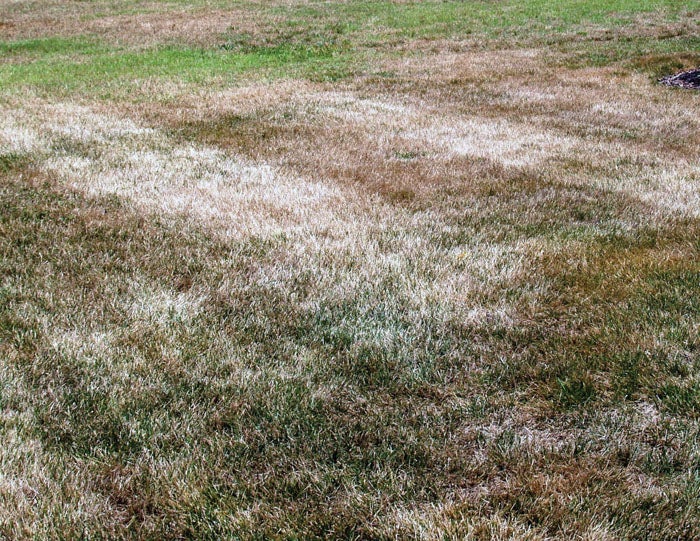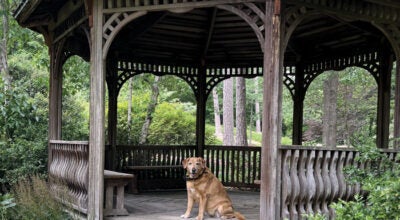Darrell Blackwelder: What to do about late-summer lawn problems
Published 12:00 am Saturday, August 6, 2022

- Lawn in drought
In early summer, fescue lawns looked fantastic. Now, many lawns are nearing a total disaster. Here are a number of situations that have caused fescue lawns to decline so quickly this summer.
• Too much shade. In the fall and spring, there were no leaves on large trees surrounding the fescue yard. Fescue needs full sun to grow and develop strong roots.
• Weed competition. Annual weeds such as winter annual bluegrass compete with fescue in the early spring. Lawns with a history of annual bluegrass and crabgrass need to have solid stand of fescue to compete.
• Improper seeding and fertilizer rates. Measure your areas and calculate proper seeding and fertilizer rates before planting in the fall. Planting too much seed can be as bad or often worse that planting too little seed. Have your soil tested every 2-3 years to apply recommended amount of nutrients.
• Fungal diseases. When temperatures climb to the mid-80s coupled with high humidity, fungal diseases such as brown patch and dollar spot occurs. Once established, brown patch will return for years on a regular basis causing brown circular spots. Fungicide applications in the summer months prevent the spread of the disease.
• Cool-season fescue will not tolerate heavy foot traffic. If you tend to continuously walk on newly seeded areas, overactive kids or even pets can weaken and kill newly planted fescue.
• Bad mowing practices. Cool season fescue needs to be mowed often to 3½ to 4 inches. Mowing too close or waiting to mow after the grass has grown tall is a common problem that weakens or destroys a lawn within minutes.
• Unusual weather. It’s easy to blame weather, but when you have constant rain, then excessive heat, drought and then more, it can be a definitive factor. Fescue is a cool season grass that really does poorly in excessively hot weather.
Darrell Blackwelder is the retired horticulture agent and director with the North Carolina Cooperative Extension Service in Rowan County. Contact him at deblackw@ncsu.edu.



